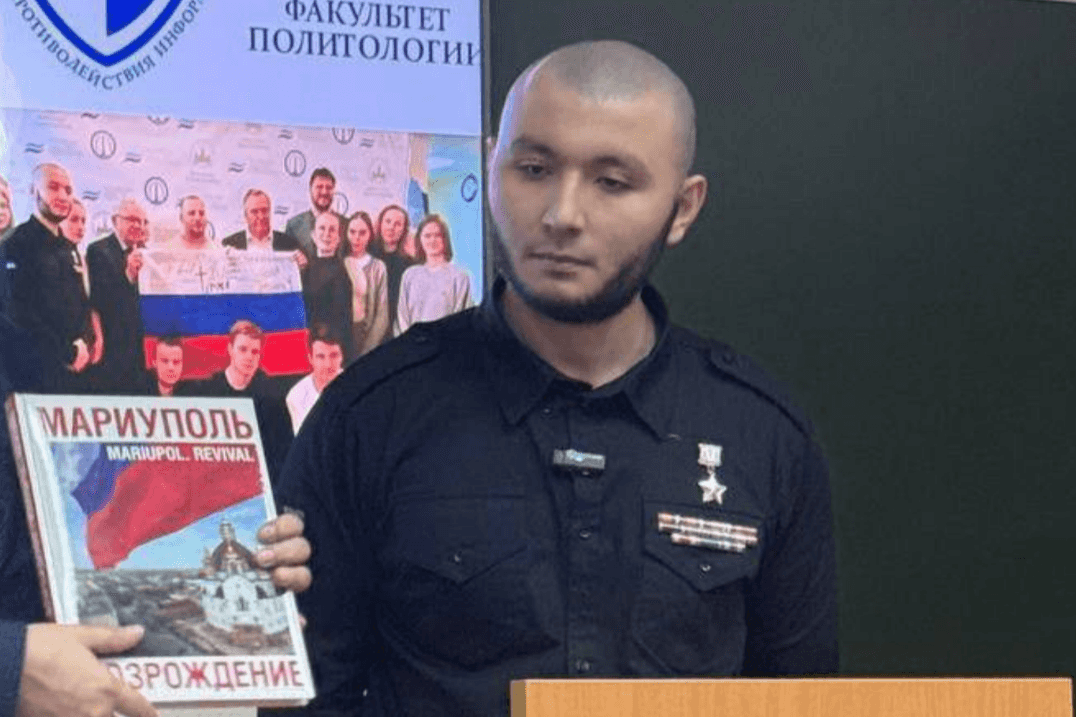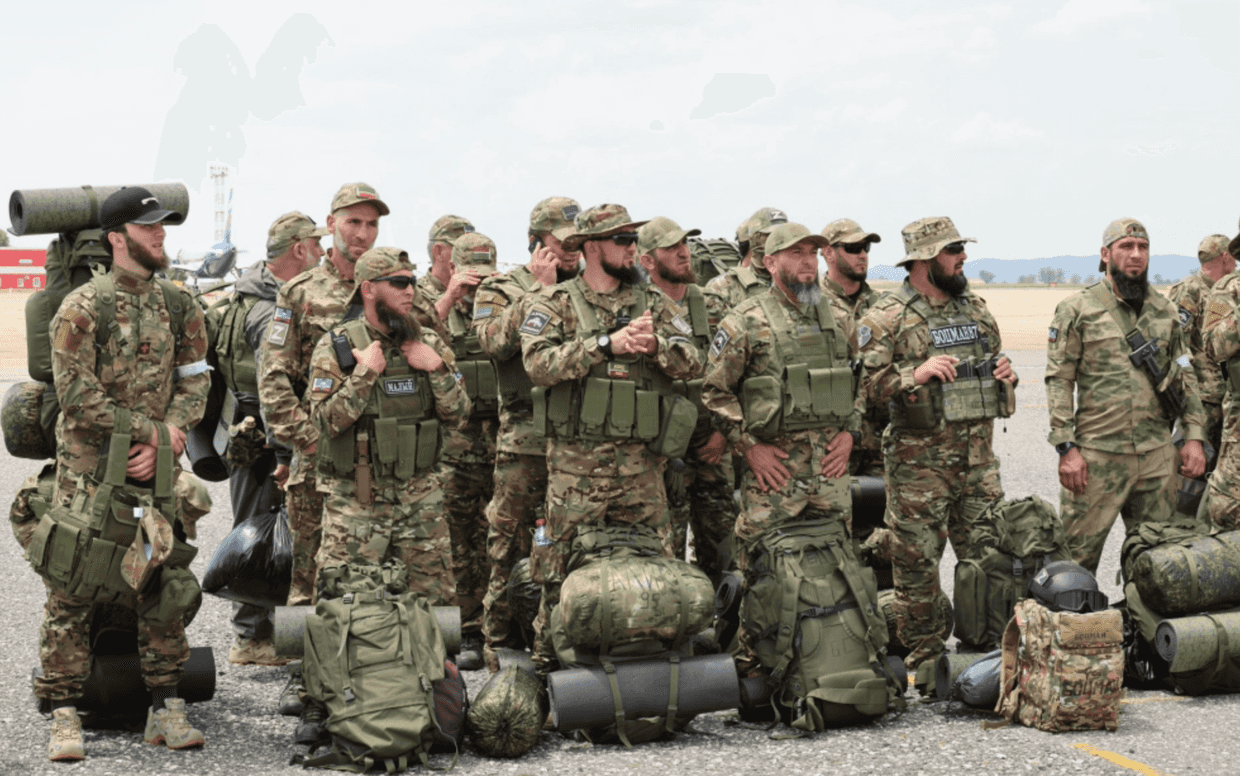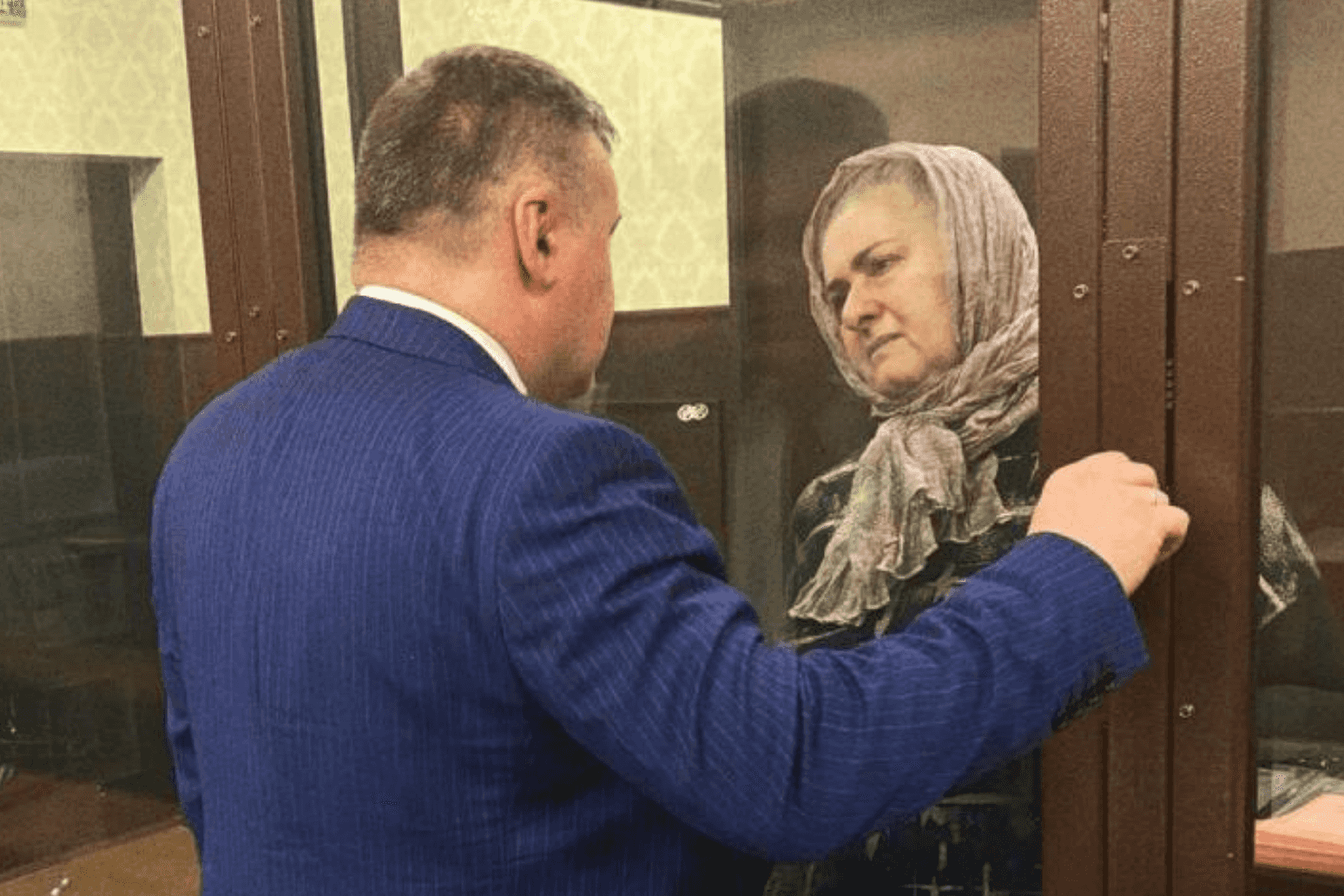
A journalist from Russia’s Novaya Gazeta and a human rights lawyer have been attacked and beaten on their way to Grozny.
On the morning of 4 July, lawyer Alexander Nemov and journalist Elena Milashina were attacked by armed men as they travelled to attend the trial of Zarema Musayeva, the mother of noted Chechen opposition bloggers.
Nemov is a lawyer with the Crew Against Torture, a Russian rights group, and was set to defend Musayeva in her trial.
Travelling from Vladikavkaz airport in North Ossetia, to the Chechen capital of Grozny, their car was reportedly blocked by three cars carrying armed men, who attacked and beat Nemov and Milashina, confiscated and destroyed their equipment and documents, and held guns to their heads, according to the Crew Against Torture.
Nadezhda Prusenkova, a spokesperson for Novaya Gazeta, told OC Media that Nemov and Milashina had been left with ‘many bruises and fractures’, and were being transferred to a hospital outside of Chechnya.
Milashina had her hair shaved off by the attackers, and ‘zelyonka’, a green antiseptic, poured over her.
The Crew Against Torture reported that Nemov was also stabbed in the leg, while Milashina had several fingers broken on both hands, lost consciousness several times, and was left with a head injury. They added that, according to Nemov, they were kicked and beaten with batons, and guns were held to their heads with the threat that they would be shot.
The group’s chair, Sergei Babinets, added that the attackers listed various cases that Nemov and Milashina had worked on and reported while attacking them.
‘Both were kicked, punched, with plastic pipes, they were reminded of all their activity, work, courts, trials they went to, works that Elena Milashina wrote. That is, this is not a bandit attack, but an attack for their activities’, said Babinets.
Prusenkova told OC Media that the victims refused to testify to the Chechen police, but that the Russian human rights commissioner, Tatyana Moskalkova, had already requested that Russia’s Investigative Committee open an investigation into the attack.
On Tuesday morning, Milashina and Nemov were being treated at an emergency hospital in Grozny, and were visited by Mansur Soltayev, Chechnya’s Commissioner for Human Rights.
A video of Milashina telling Soltayev about what happened was shared on Telegram by Chechen opposition blogger Tumso Abdurakhmanov.
‘It was a kind of classic kidnapping. It just hasn’t happened in a long time. They came, threw the taxi driver out of his car, climbed in, bent our heads, tied my hands, […] put me on my knees, put a gun to my head. They did everything somehow nervously, couldn’t even tie my hands’, Milashina says in the video.
Milashina and Nemov will be transported to a hospital in Beslan, North Ossetia, accompanied by Soltayev on the orders of Ramzan Kadyrov, reported the Crew Against Torture.
Prusenkova stated that the attacks were connected to Milashina and Nemov’s professional activities.
The two victims of the attack were travelling to Grozny for the court hearing of Zarema Musayeva, which took place on 4 July in Grozny’s Akhmatovsky District Court.
Musayeva is the mother of the Yangulbayev brothers, prominent Chechen opposition bloggers.
[Read more: The Yangulbayev saga and the price of opposition in Chechnya]
Despite the attack on one of Musayeva’s lawyers, Judge Musa Ediyev refused to postpone the trial, and Zarema Musayeva was sentenced to five and a half years in a penal colony on charges of fraud and attacking a police officer.
Memorial, a Russian human rights organisation, stated that there was ‘no doubt’ that the attacks were carried out on the instructions of the authorities to prevent Milashina and Nemov attending the trial, as well as to more broadly intimidate journalists, lawyers, and people working in the field of human rights.
It added not only Head of Chechnya Ramzan Kadyrov, but also Russian President Vladimir Putin were responsible for the attack.
‘There is no doubt that the authorities of Moscow and Grozny are united in their actions’, wrote Memorial. ‘Last week, the former declared Novaya Gazeta-Europe “undesirable”, while the latter prepared an attack on the journalist. The former pass more and more repressive laws, destroying the remnants of the legal system in Russia, the latter organise an attack on a lawyer. But both are parts of the same policy.’








